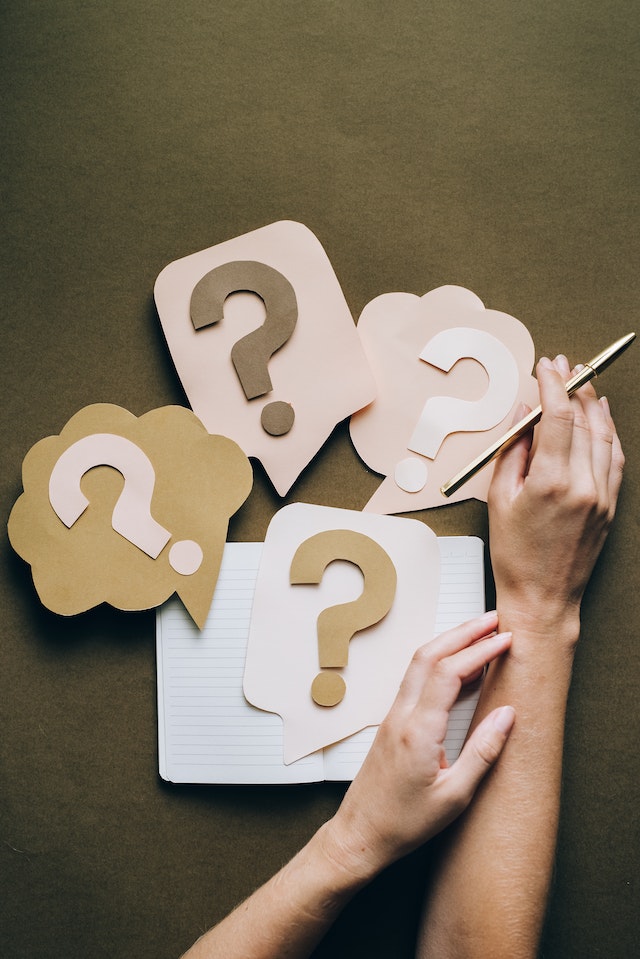
Photo credit: Pexels.com
When I sat for the assessment of my facilitation portfolio - to become a Certified Technology of Participation (ToP) Facilitator (CTF) - one of my mentors in the work said to me “good facilitation is in the strength of the questions we ask.” I have continued to contemplate this statement for some time and have tried to keep it at the forefront of my mind when designing sessions. I recently came across a quote that has helped me understand this idea in a new way.
“This is the thing with questions: They are never passive recipients or innocent containers for the answers they seek. They are sculptors of possibilities, participants in the mysterious ways the world shapes itself. Let me tell you; there are always other questions.” - Bayo Akomalfe; HELD
In particular, the line that states “they are never passive recipients or innocent containers for the answers they seek” stands out to me. Often as facilitators we create questions to get to a particular outcome. For example, if I want to move a group toward the implementation of their strategic plan, I might ask the question “What is one tangible, realistic, measurable, next step you will take in the next 2-4 weeks to move toward your implementation goals?” This question is intentionally created to solicit a very specific response. To the extent that it guides the conversation in a narrow direction it is not “innocent.” It has an agenda. This isn’t a bad thing, merely something to notice. What if I asked the question “How will we be different as an organization if we accomplish our intended goals?” These are both forward thinking questions about what happens next, but they lead to very different outcomes. Being clear about our own agenda for a question - the ways in which all questions are loaded and are directly connected to our own worldview – is super important. It’s important because it alters the experience participants have of the session and ultimately the outcome of the work. One practice I intend to use going forward is a technique I frequently use with participants: I’m going to spend a couple of minutes making a list of as many questions as I could ask, select the 2-3 that I think best meet the aims of the session, and sit with those because as Akomalfe so eloquently puts it “there are always other questions.”
In what ways, are questions important in your work? What process do you use to create your questions? Please reply in the comments section. We’d love to hear from you.


